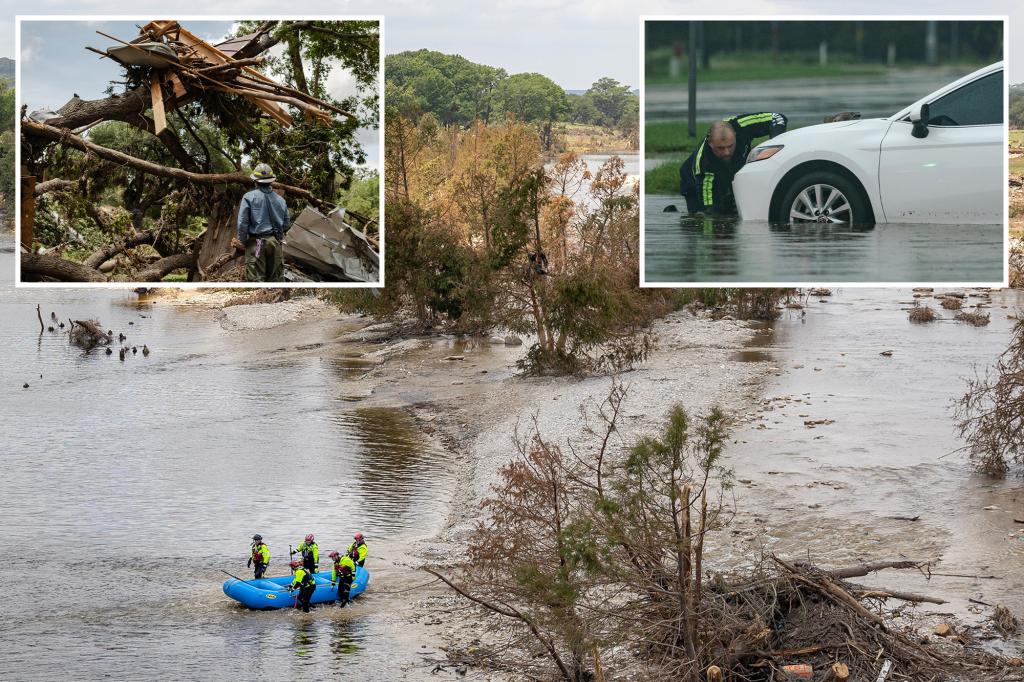Global Water Crisis: The Urgent Need for Sustainable Solutions
As the world’s population surpasses 8 billion, the ongoing global water crisis poses an unprecedented challenge. Water scarcity affects nearly 2 billion people worldwide, making it imperative for governments, organizations, and individuals to implement sustainable solutions. This article explores the causes, impacts, and potential actions needed to address this critical issue.
Understanding the Causes of Water Scarcity
Water scarcity arises from a combination of factors, including climate change, population growth, and inefficient water management. According to the United Nations, about 45% of the global population will live in water-stressed areas by 2030, highlighting the urgent need for effective strategies.
- Climate Change: Increased temperatures and changing weather patterns lead to severe droughts and floods, disrupting the natural water cycle.
- Population Growth: Urbanization and rising populations intensify demand for water, straining existing resources.
- Inefficient Water Management: Many regions continue to use outdated irrigation practices and waste significant amounts of water.
Dr. Emma Rodriguez, a hydrologist and expert in water resource management, emphasizes the need for reform. “We must adopt innovative technologies and practices to conserve water and ensure equitable distribution, especially in vulnerable communities,” she stated.
The Impacts of Water Scarcity
The consequences of water scarcity are far-reaching, affecting health, agriculture, and economic stability. In regions facing severe water shortages, the following impacts are evident:
- Health Issues: Lack of access to clean water leads to the spread of waterborne diseases, disproportionately affecting children and the elderly.
- Agricultural Decline: Farmers face crop failures due to insufficient irrigation, threatening food security and livelihoods.
- Economic Consequences: Water scarcity can hinder industrial growth, leading to job losses and decreased productivity.
According to a report by the World Bank, water scarcity could cost some regions up to 6% of their GDP by 2050 if left unaddressed. “Investing in water infrastructure is not just a necessity but an opportunity for economic growth,” said Dr. Michael Chen, an economist specializing in environmental resources.
Global Efforts to Address the Crisis
Governments and organizations worldwide are implementing various initiatives to tackle water scarcity. Key strategies include:
- Improved Water Management: Governments are adopting integrated water resources management (IWRM) to balance social, economic, and environmental needs.
- Investment in Technology: Innovations such as desalination, wastewater recycling, and smart irrigation systems are gaining traction.
- Community Engagement: Local communities are increasingly involved in water conservation efforts, from rainwater harvesting to educational programs.
One notable example is the “Water for People” program, which aims to provide sustainable water and sanitation solutions in developing countries. “Empowering communities to manage their water resources is key to long-term success,” said Sarah Johnson, a project manager with the initiative.
Individual Actions for Water Conservation
While global efforts are crucial, individual actions also play a significant role in addressing water scarcity. Simple changes in daily habits can lead to substantial water savings:
- Fix leaks in taps and toilets to prevent water waste.
- Use water-efficient appliances and fixtures.
- Practice mindful gardening by using drought-resistant plants and efficient irrigation techniques.
- Educate others about the importance of water conservation.
As individuals, we can contribute to a collective effort to safeguard our water sources. “Every drop counts,” says Dr. Rodriguez, reinforcing the impact of individual responsibility.
Future Outlook and Next Steps
The future of water resources depends on our immediate actions today. To combat water scarcity effectively, it is essential to:
- Increase investment in water infrastructure and technology.
- Strengthen international cooperation on transboundary water management.
- Enhance public awareness campaigns about water conservation.
As the global community grapples with this pressing issue, the integration of innovative practices, community involvement, and sustainable policies will be crucial. The urgency of the water crisis demands a unified response, as the consequences of inaction are dire.
In conclusion, the global water crisis necessitates immediate and sustained action from all sectors of society. Individuals, governments, and organizations must work collaboratively to secure a water-sustainable future. To learn more about how you can contribute to water conservation efforts in your area, visit local environmental organizations or community programs.



